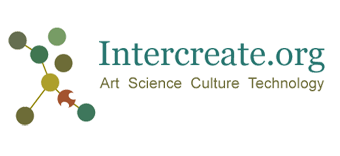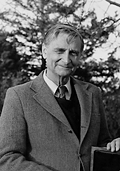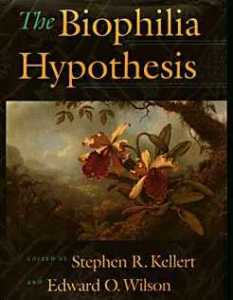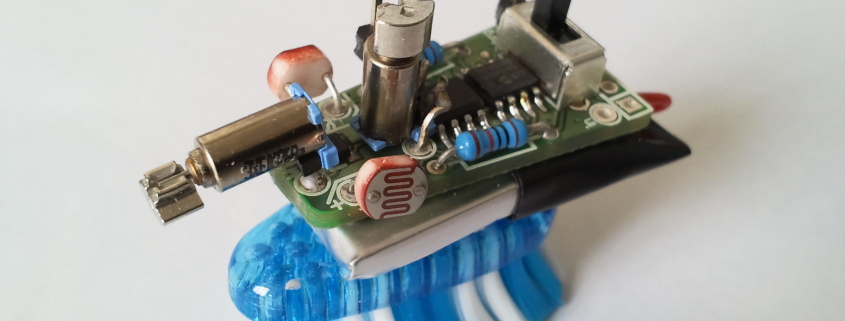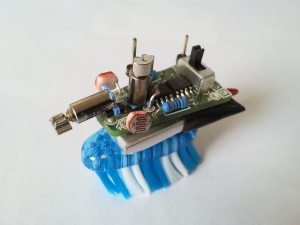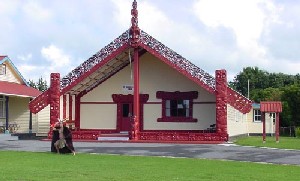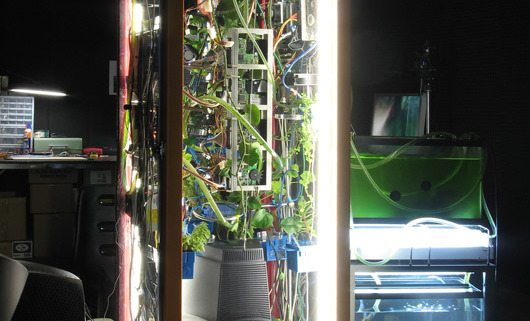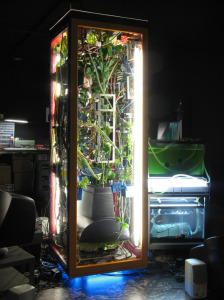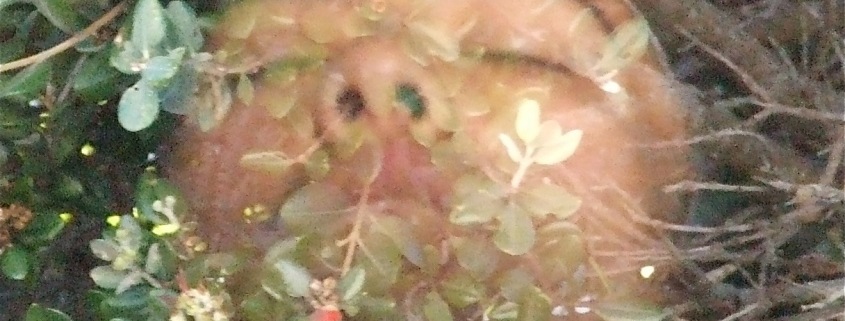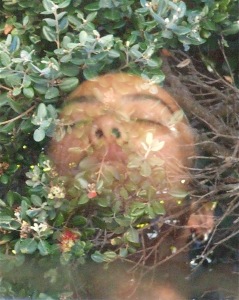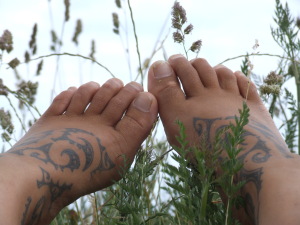Adapting the worldscape of modernity to climate change — Ruth Irwin
It is well known that modern industrial “business as usual” is “very likely” (to use the IPCC’s technical term) to create a tipping point in the earth’s climate that will take us from the Holocene, through the Anthropocene and collapse to a new climatic Age altogether. This apocalyptic scenario is what Heidegger describes as the “proximity to the zone of nihilism”. Ironically, Heidegger regards this proximity as potentially the greatest possibility for transforming modernity towards a more authentic relation with the earth.
At present, enlightened knowledge is enframed by modern technology. Through mass production, storage, trade, and communication, the technological lens has both freed people from the constraints of their localised ecology, but also alienated us from the needs of the earth. The question to ask is whether all components of modern trade and its concurrent technologies are the problem. Trade, after all, has occurred for thousands of years without producing climate change. Is it the massive global population then, and the longevity made possible by modern medicine, that is overcoming the earth’s capacity for absorbing pollution and thus, exceeding the carrying capacity of the planet? Again, not necessarily, as several billion people manage to live on less than 2 tonnes of CO2e per annum. These people have access to some of the benefits of modernity; medicine for example, but not rampant consumerism. Herein lies the crux. Consumerism is based on the premise of profit and exponential economic growth. It is actively encouraged by nation states that have enshrined economic growth into their financial legislation. All of this is based on the “fractional” banking developed in the late 18th century.
Adaptation to climate change means rethinking the relationship between climate change, consumerism, the definition of wealth, and alienation from the earth. This cannot entail a return to some kind of romantic pastoralism, because the global population is too heavy for the horse and cart to manage. But embracing certain indigenous concepts of whenua, or the inextricable connection between the earth and the people, like a placenta or umbilical cord, could begin to dissolve the antithesis between the bulk of the global poor and the modern elite whose toxic emissions are causing calamity for us all.
 Dr Ruth Irwin is a Senior Lecturer in ethics with the Centre for Interdisciplinary Business Studies. She did a double major in her undergraduate degree, in the History of culture contact, and Women’s Studies. Ruth has won the Commonwealth Scholarship, Bright Futures, Ryoichi Sasakawa, and William Georgetti Scholarships. Her research interests include Nietzsche, Heidegger, Deleuze and Guattari, and ecofeminism, modernity, and climate change. She engages with globalization, philosophy of economics, philosophy of education, and philosophy of technology. She is the author of three books and she has published journal articles and book chapters on Nietzsche, Heidegger, the critique of neoliberalism, philosophy of subjectivity, philosophy of education, philosophy of science and technology, globalisation, and the philosophical and cultural implications of climate change. Ruth Irwin is a foundational member of the Sustainability Research Group at AUT.
Dr Ruth Irwin is a Senior Lecturer in ethics with the Centre for Interdisciplinary Business Studies. She did a double major in her undergraduate degree, in the History of culture contact, and Women’s Studies. Ruth has won the Commonwealth Scholarship, Bright Futures, Ryoichi Sasakawa, and William Georgetti Scholarships. Her research interests include Nietzsche, Heidegger, Deleuze and Guattari, and ecofeminism, modernity, and climate change. She engages with globalization, philosophy of economics, philosophy of education, and philosophy of technology. She is the author of three books and she has published journal articles and book chapters on Nietzsche, Heidegger, the critique of neoliberalism, philosophy of subjectivity, philosophy of education, philosophy of science and technology, globalisation, and the philosophical and cultural implications of climate change. Ruth Irwin is a foundational member of the Sustainability Research Group at AUT.
